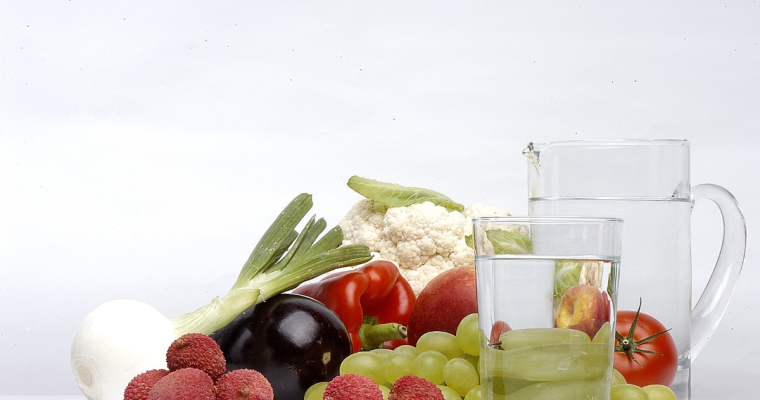
Nutritional Influencers
The social networks with the most active users bring together a large number of nutritional influencers. Whether we like it or not, communication in the health field is currently dominated by them, and this trend is increasing. Nutritional influencers are people with a large number of followers on social media who use their platforms to share information about nutrition and healthy eating habits. Some of them may be health professionals, such as dietitians, nutritionists, or doctors, while others may not have any training or credentials in nutrition. They generally accumulate thousands and thousands of followers, and the food industry takes advantage of their popularity and influence to promote its products. The influence of nutritional influencers on people’s dietary decisions has increased in recent years, and some studies suggest that their messages can have a significant impact on habits. food of people.
It is very important to keep in mind that, in some cases, behind many of their recommendations, there are hidden powerful advertising campaigns.
And we already know what happens when there is money involved, it is common for unhealthy or unhealthy products to be promoted, often disguised as good options, thus leading to deception.
Because we are all consumers on social networks, but we are not always able to distinguish the type of message or its origin.
Communication in the field of nutrition is dominated by so-called nutritional “influencers”.
There are different ways to capture attention, a simple example is the following:
I see a gorgeous girl with a 10 body in a beautiful kitchen saying that Every day he drinks a detox smoothie and it feels great.
I think… Oops! That product suits her well, look at that great body and how well she is doing in life, I want to identify with her image, with her world, and I decide to buy those shakes, I want to be a little more like her.
It’s that simple, it’s very easy to get carried away by appearances, which is why it’s essential to be clear that this is not real life.
The reality is that most people do not live like that and that it is very likely that this person is in a home that is not their own, that it may be a promotion, but they make you believe that they are following their daily routine.

Slogans are created to capture the attention of the most vulnerable people, who are generally those who are going through a bad time, and results are promised in a short time.
They can be shakes, supplements or fit recipes, it is always about you paying, about investing your money in something that offers no guarantee, in a miracle product that supposedly will change your life.
In many cases, these are marketing campaigns disguised as reality.
There is the case of a very famous nutritionist who adopted a generic term, widely used in the US, as his own and He even trademarked it. I don’t know if he intended to make people believe he invented the term, but it certainly made a deep impression and was overwhelmingly successful.
Anyone who wanted to be “healthy” or adopt a healthy lifestyle became a fan of this phenomenon, and even today, when it has been proven that there was only greed behind it all, it still has a large following.
It is important to keep in mind that not all nutritional influencers are professionally trained to provide personalized nutritional or dietary advice.
You should always consult a health professional before making major changes to your diet or eating habits.
If you, as a social media user and potential client of health programs, don’t want to be scammed, you should make sure of a few things before hiring any online service.
- Make sure that That person (coach or service provider) has the appropriate qualifications for the activity they perform.
For example, if they sell you a nutritional plan, they must be a Higher Technician in Dietetics or a Dietitian-Nutritionist, not a “health expert” or “dietetics expert” or “nutrition expert”.
- Forget about anyone who promises you immediate or short-term results. It’s not true; you can’t undertake a change of habits and obtain immediate results. It’s a process that takes time.
- Miracle shakes and products are usually a common hook, I’m sorry to tell you that they don’t work.
At first, they may make you lose weight, but because you stop eating the foods that really nourish you and in the long term you may suffer deficiencies. It is not the best way to change, or are you always going to be at their mercy?
- Remember that proper nutrition should always be based on adequate nutrition, and with that foundation supplementation is possible, but never the other way around.

Acquiring truthful information is the best way we have to adopt a critical attitude to such an avalanche of information.
That is why it is so important to keep in mind that the information provided by nutritional influencers may be inaccurate or even dangerous in some cases.
Some may promote extreme diets or weight loss products that have not been supported by scientific evidence, or they may offer nutritional advice that goes against the recommendations of recognized health organizations.
Hence, it is essential for people to critically evaluate the information they receive from nutritional influencers.
You should always consult qualified and accredited health professionals before making any decisions about your diet or lifestyle.
It is important to remember that every body is unique and nutritional needs vary from person to person, which is why recommendations of nutritional influencers may not be suitable for everyone.